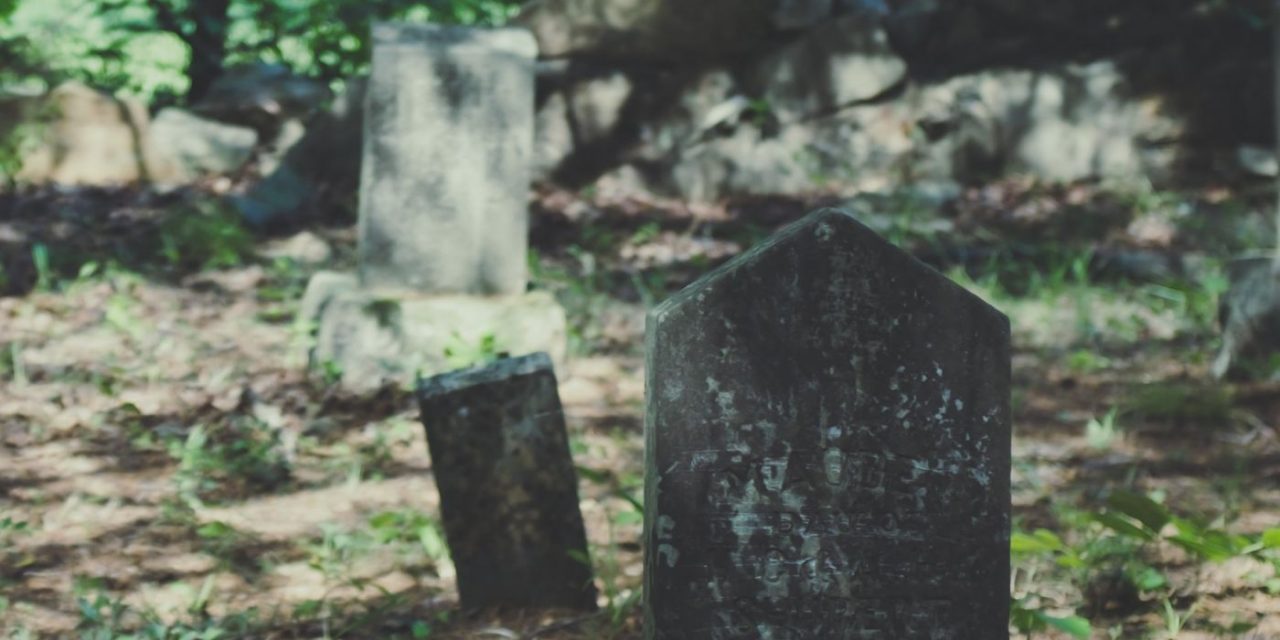Everyone suffers with grief at some point. It comes in different forms but is usually caused by loss—loss of a loved one, loss of a job, loss of independence from disability or disease, just to name a few.
We have seen and experienced an unusual amount of loss during this pandemic. Even fictional superheroes in the Marvel universe suffer loss and experience grief, and the recent hit series WandaVision offers some useful lessons for us.
Wanda knows much about loss. She lost her parents as a child and recently experienced the tragic death of her brother, and now she has just lost the love of her life, Vision. She has no one now. She stuffs her pain down deep, but it explodes and results in the creation of a fantasy world in which she lives with an unreal version of her husband in various sitcoms she watched as a child.
She creates a “wall,” really a forcefield, keeping unwanted people out and keeping others in the community within its confines, against their will. Wanda then goes about each day in character, pretending to be someone she is not in a family context that is not real.
It is common when coping with loss to stuff the pain, burying it deep down in order to cope with it emotionally. This seems at first to be a practical way to deal with the pain and move on, but that pain is still there and needs to be dealt with or it will bubble up and even consume the person.
We are not meant to bury and carry grief. We are instructed in Scripture to comfort one another (2 Cor 13:11) and help each other carry our burdens (Gal 6:2). It is vital that we share our grief with someone, whether that person is a friend or family member, a minister or a therapist. Sharing the pain releases it, redistributes the weight and lessens the burden. It also makes it impossible to ignore the pain, so it doesn’t lurk beneath the surface and manifest itself in other toxic ways.
For example, the building of walls to keep others out often leads to isolation and depression. It can lead to the person feeling that no one cares about him or her, and no one cares about the pain they carry. It is rarely the case that no one cares, but it can seem to the grieving person to be all too real.
Sharing the pain with someone helps to tear down these walls and fight the feelings of loneliness. Knowing that you are not alone in suffering is a comfort in itself. Also, walls that we build not only keep others out, they keep the griever in. They become an emotional prison with no visiting hours, and others can be inadvertently imprisoned along with the person grieving, such as children and spouses.
We were not created to be imprisoned by our pain, but to be free to love God and love each other. We are meant to live in community, to love in community and to suffer in community. Community is relational, involving fellowship with God and with others who love us. Fellowship does include socializing with people, but it is so much more than that. Fellowship happens when relationships develop and people do things together, especially difficult things.
For example, people who serve in the military experience a very particular type of fellowship as they struggle through difficult things together. Nobody wants to go through adversity, but going through adversity together builds bonds that last for time and for eternity.
Fellowship provides a good environment in which to share grief. But to experience fellowship, the person grieving must be in the presence of others, not isolated. Fellowship with God, being in His presence, is most vital. It is in His presence, through faith, that we access His power, His love, His grace, His peace, and receive healing.
Jesus demonstrated His healing power while walking among us, and that healing power is here for us today, at any time. Spending time in the Word and in prayer is so therapeutic, as is spending time in prayer with fellow believers.
Grieving is a healing process, and no one can rush the healing process. It takes time, so patience is important. The pain might never fully go away but might be a part of the griever’s life.
For instance, in WandaVision, one of the characters named Agent Rambeau had recently lost her mother to cancer and tells Wanda that the pain from her loss is part of her life now, and that she has accepted it. That is a good place to be. Pain and loss are part of life, so instead of trying to avoid pain and loss, we learn how live with it. This is done in community; in fellowship with our Creator, Redeemer, and Friend, the Lord Jesus; and with each other.





